Uniarts History Forum
The research network believes that responsible and future-focused historical research will be an integral and important part of all art universities in the future. We are part of Uniarts Helsinki's Research Institute.
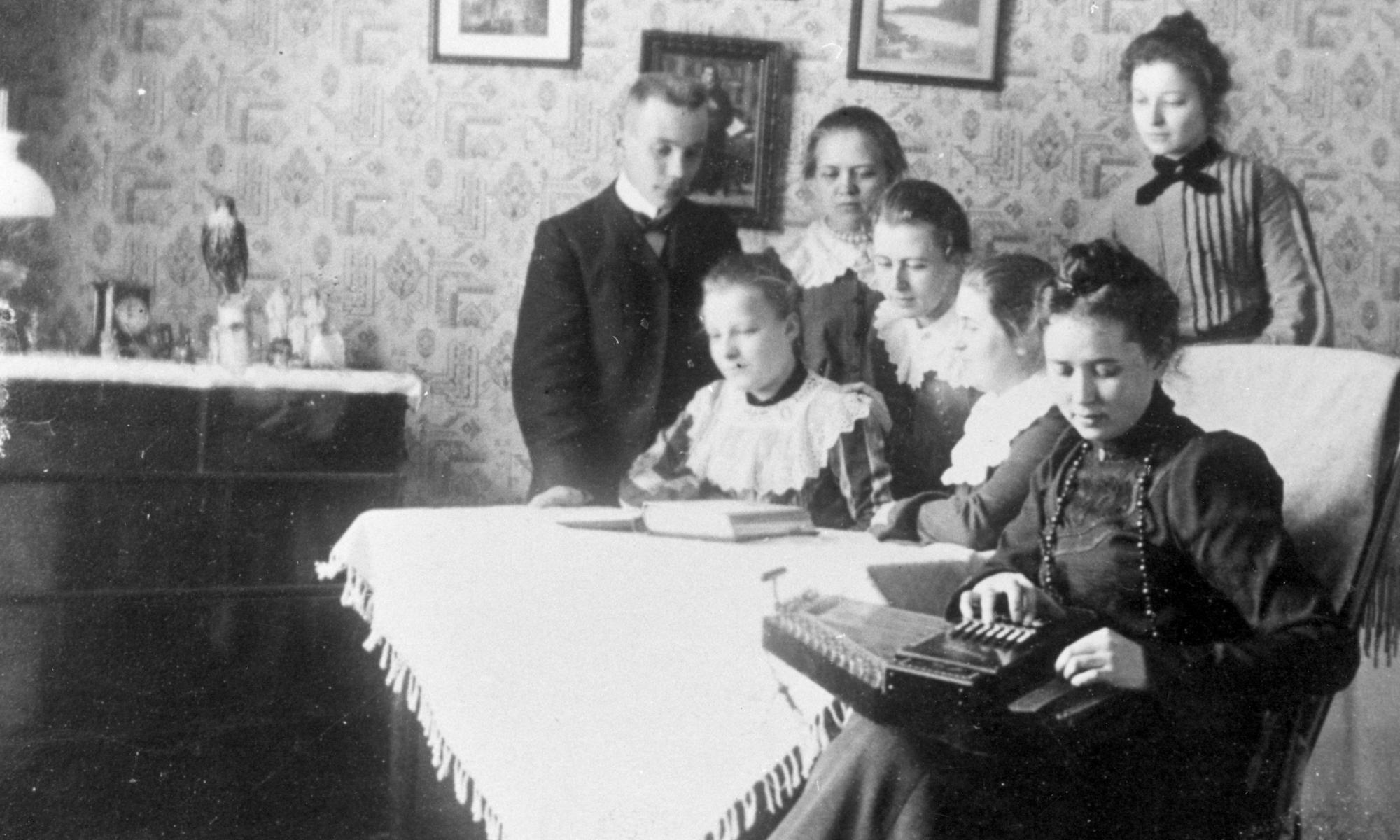
The research network believes that responsible and future-focused historical research will be an integral and important part of all art universities in the future. We are part of Uniarts Helsinki's Research Institute.

The basic premise of Uniarts Helsinki’s History Forum is that the research of the history of arts cannot be separated from the practice of art, seen as a contemporary, dynamic interpretations of history. The Forum believes that responsible and future-focused historical research will be an integral and important part of all art universities in the future.
Find out more about what the History Forum does.
The Forum supports the University’s research strategy in regard to the collaboration between its core competencies, academies and departments, and to internationalisation. Uniarts Helsinki should integrate research and knowledge of history at all levels, from Bachelor and Master-level programmes to the most advanced research structures and knowledge production.
For the History Forum – and for Uniarts Helsinki’s other research centres – the central inquiry is to explore how arts and artists can exist and function within the society, enriching it and embracing their responsibilities.
Join the History Forum mailing list!
You can also join our mailing list by contacting the contact person above.
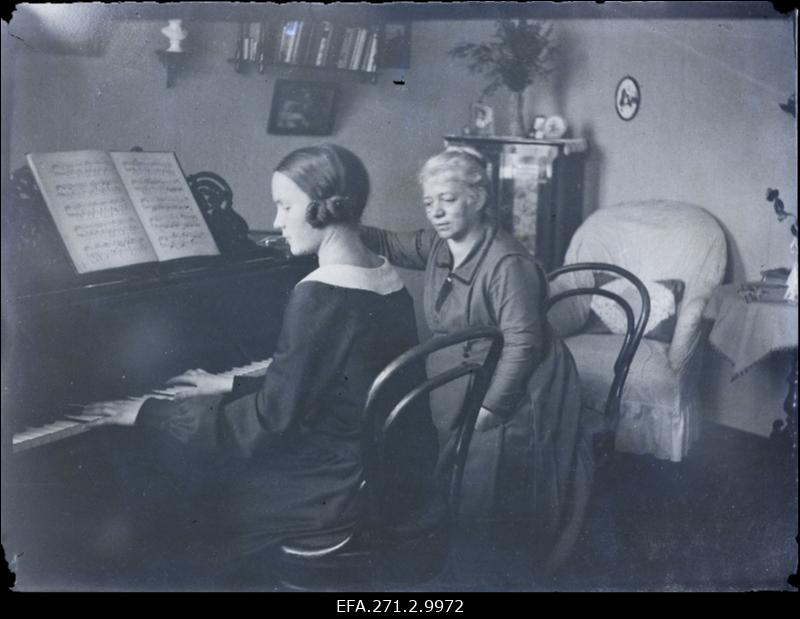
Nuppu Koivisto-Kaasik explores women piano teachers, intersectionality, and the gendered power structures of musical life in Helsinki and Tallinn between 1861 and 1924.
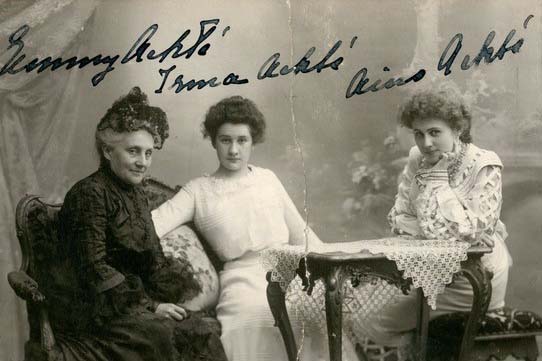
This research concentrates on three opera singers: Emmy Achté and her daughters Aino Ackté and Irma Tervan and their extensive correspondence via letters.
See all Uniarts Helsinki research projects as well as development and international co-operation projects.
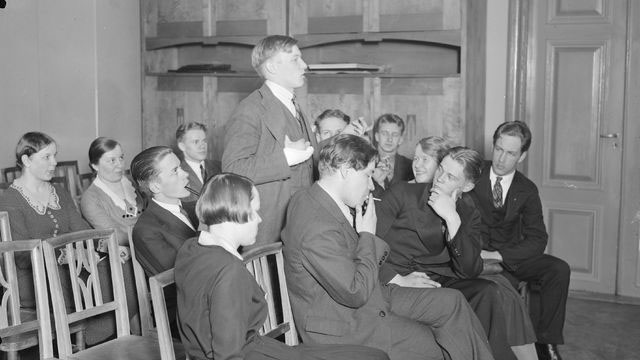
We support national multidisciplinary research on music and the surrounding cultural reality.
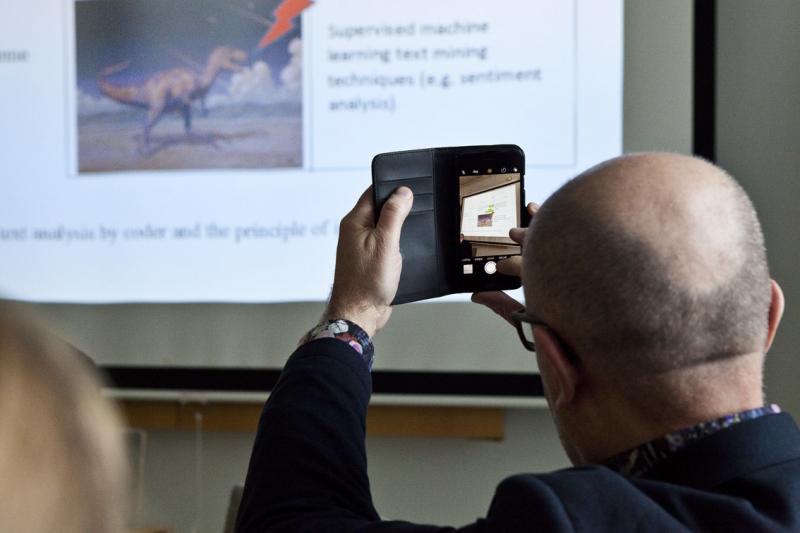
More information about interesting databases and our networks.
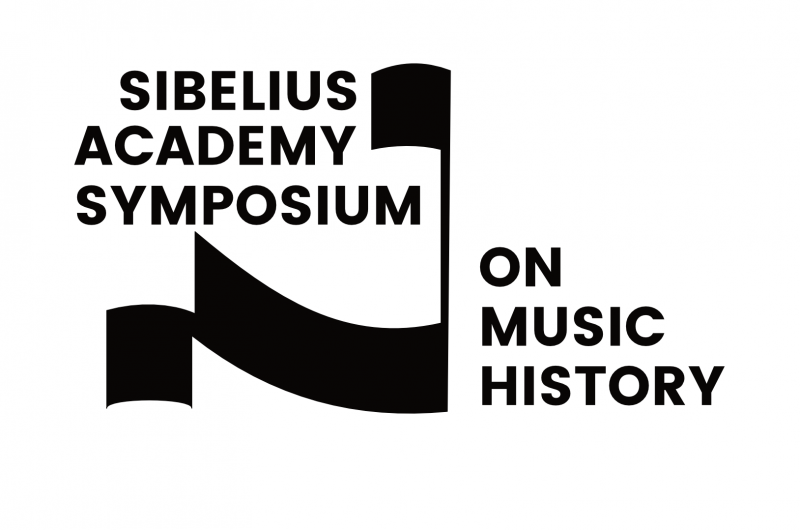
The symposium takes place every other year, gathering together leading music historians from all over the globe.
Networking, a collegial feeling and agile operations are the Forum’s key characteristics: the Forum strives to offer resources, training, guest speakers and lecturers requested by its members.
Find out about our past activity on our old website
The reading club will concentrate on a collection of chosen articles from the selected book.
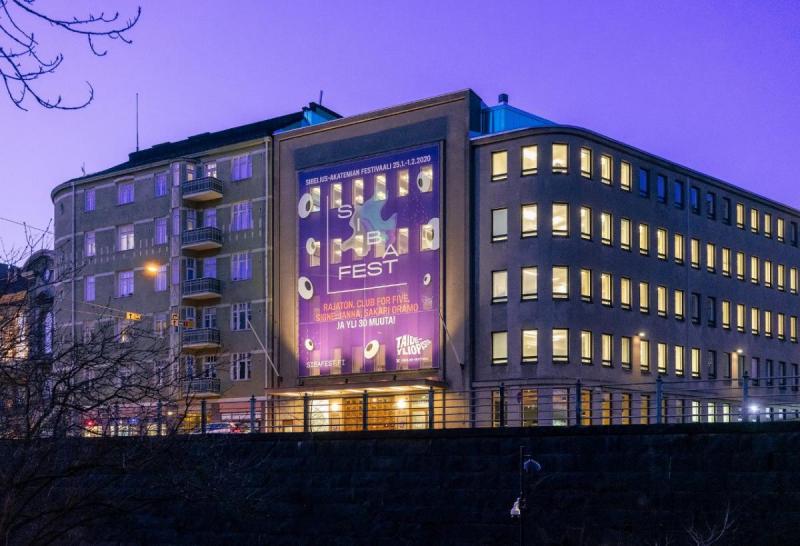
The online exhibition presents the history of the R Building. It is realised by Adjunct Professor Riku Hämäläinen as part of the University of the Arts Helsinki`s History Forum`s Oral History Project.
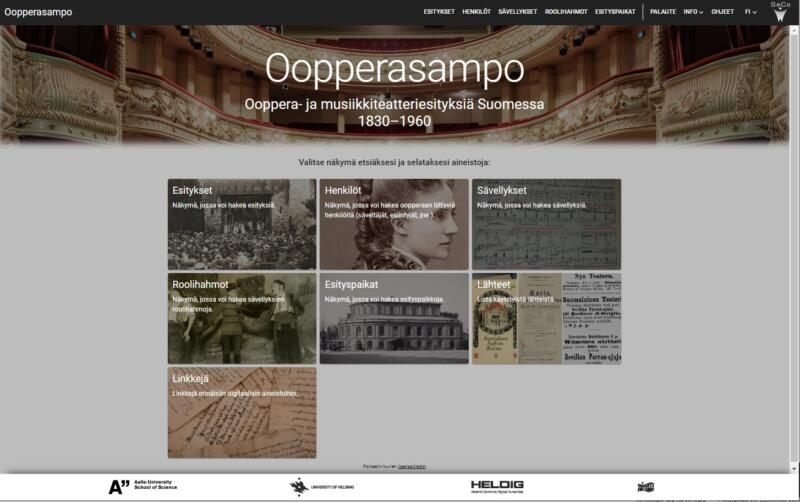
Operasampo: Opera and music theatre performances in Finland 1830-1960 publishes rich linked open data on more than 9 000 opera and musical theater performances and on more than 3 500 people who played a role in them.
The History Forum’s monthly meetings take place on Thursdays. Pick up the most interesting visiting lecturers and save the meetings to your calendar.
Jean Sibelius (1865–1957) was a well-known composer outside Finland already in the early 20th century. In the 1930s, his fame grew into new spheres. At that stage, Sibelius himself had already stopped publishing new masterpieces. According to Janne Mäkelä`s blog post it was radio that catapulted him to global fame.